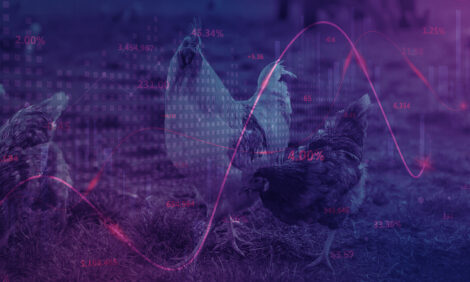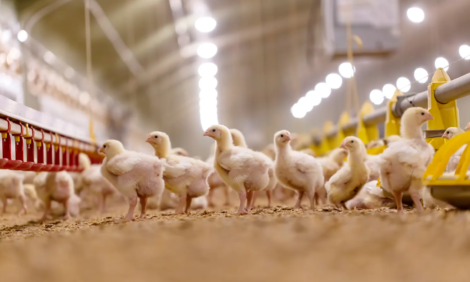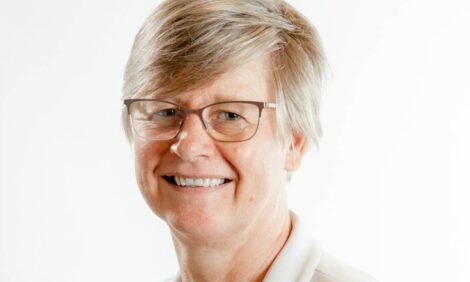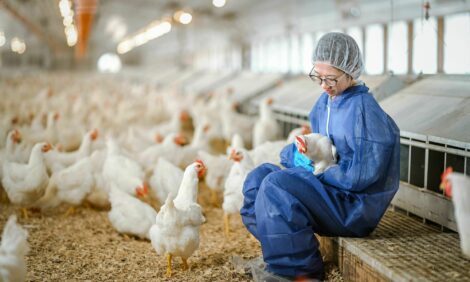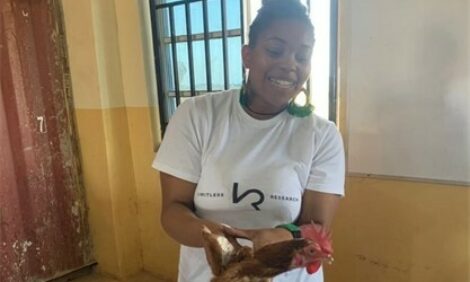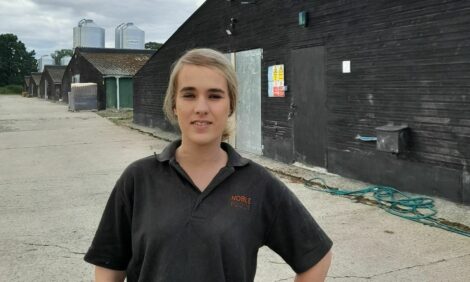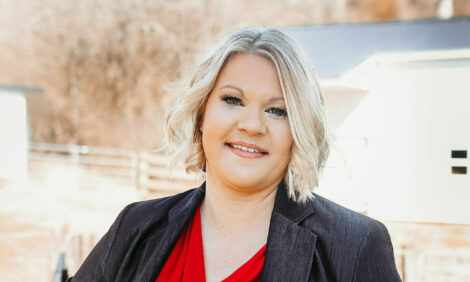



Women in Poultry: Dr Victoria Sandilands
Poultry welfare is either the most discussed or most avoided topic in the industry. As consumers demand greater transparency and higher welfare for both broilers, layers and broiler breeders, recent years have seen more legislation, research and investment into improving flock welfare than ever before.Part of Series:
Next Article in Series >
Stepping into this challenging field, Dr Victoria Sandilands is a behaviour and welfare scientist with the Avian Science Research Centre, Scotland Rural College. She has worked for more than a decade to improve the welfare of broilers, laying hens and broiler breeders through her research. She teaches at the SRUC and supervises graduate students working to improve animal welfare, two of which are currently focusing on humane slaughter methods and the behavioural and nutrional management of non-beaktrimmed hens.
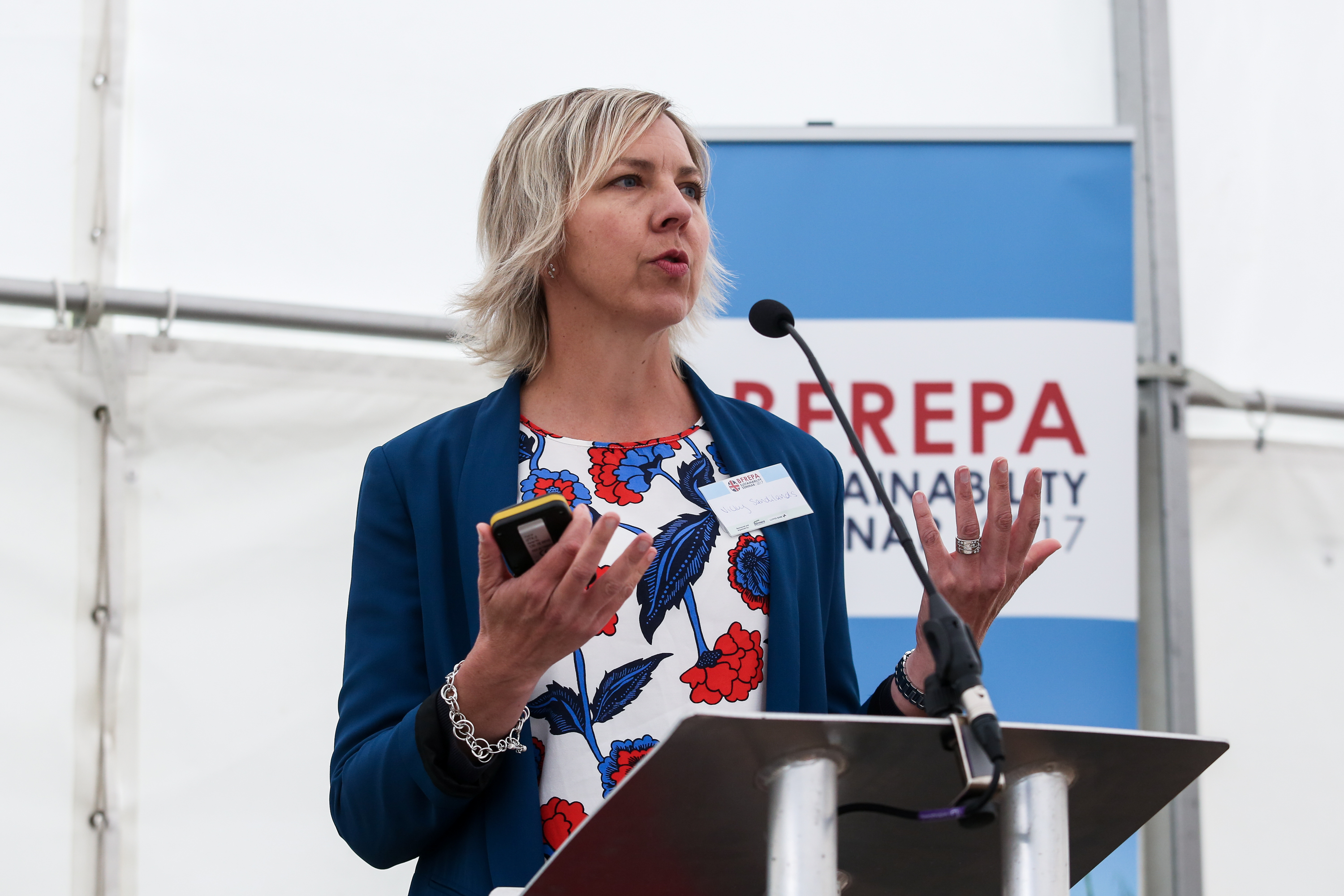
Please briefly describe your career in poultry
I’m a behaviour and welfare scientist, specialising in poultry. My research work focuses on the housing and management of laying hens, broilers and broiler breeders, and how their needs can be met while still being sustainable in British farming. I am also the chair of the ethics committee for SRUC (Scotland’s Rural College), which oversees the various trials we do to improve farming in all species – sheep, dairy cows, beef cattle, pigs and poultry. I also teach and supervise students at BSc, MSc and doctorate level. I am also on the council or board of various behaviour and poultry societies and journals.
What inspired you to move into poultry?
Chance, really. I was looking for a PhD because I knew I wanted to work in research. I had done an MSc in calf behaviour during transport, but I was not looking at a particular species beyond farm animals. A PhD in preening behaviour in laying hens came up, which I got, and I have never looked back. After that, SRUC offered me a post-doc, and then another, and then another… I’m lucky that I managed to continuously get funding that kept me seamlessly in a job – many people at post-doctoral level are not so lucky, and not for want of talent.
What are the main challenges that you face in the lab?
Pots of funding are continuously shrinking, which means research money is harder to come by. Brexit is unlikely to help, with possible restricted access to EU money.
Describe a typical day in your current role.
It's so varied, which is what I like. I might: visit our own research farm or a commercial farm for data collection; analyse data; prepare a report for a funder; give advice to the Scottish government on animal welfare matters; discuss a project with a research student working with me; teach a course to students; review animal-trial proposal forms; or prepare a presentation for a conference. I wouldn’t do all those things in just one day, mind!
What’s the most unusual experience you’ve had in poultry?
Trying to devise a choice experiment for poultry to examine which gas mixtures they found aversive, in order to develop a whole-house gassing system for poultry in the case of a disease outbreak. We had a 1m by 1m arena with feeding booths on each wall, into which we infused gas mixtures. We put mildly hungry broiler chicks that had been acclimatised to the test set-up into the arena, and recorded how long they would feed in each one before they would withdraw.
If they kept their head inside any one booth for too long, they would withdraw and be a little off balance. It was a bit like watching drunk people seeking out a late-night kebab… Sometimes my work means that I work on stuff that’s not particularly fun (such as working out how to humanely kill poultry), but it is necessary if we want to safeguard their welfare and prevent suffering.
How would you reorganise the legislative minefield, if you could?
I would do away with different interpretations of EU law by England, Wales, Northern Ireland and Scotland. We would all be using the same versions.
Have you encountered any challenges as a woman in poultry research?
Poultry research and industry have typically been very male-dominated fields – I would say that was the case until the last 5 to 10 years. It is really nice to see so many women involved in all areas of poultry: research, nutrition companies, farm managers, slaughterhouse managers… I would say the only overt “challenge” I’ve had was at a conference in about 1999 – a near-retirement gentleman researcher came over and asked if he could borrow some of the pretty ladies from our table, as they were short of women on his table – I think we made it clear where he could go!
What advice would you give to women looking to start a career in poultry?
There are so many different opportunities in poultry: working in egg and meat production on the farm, hatcheries, breeding companies, research, education… There is a vast array of choices, so speak to lots of people who are already in the area you are interested in, and ask them questions. The poultry industry is always looking for new recruits, so most people will probably be very happy to tell you about their job, in the hope that you will join the team.
What would be your dream role in poultry?
I’m not sure… I have sometimes daydreamed about becoming an egg producer, but I’m not brave enough – it’s hard work!
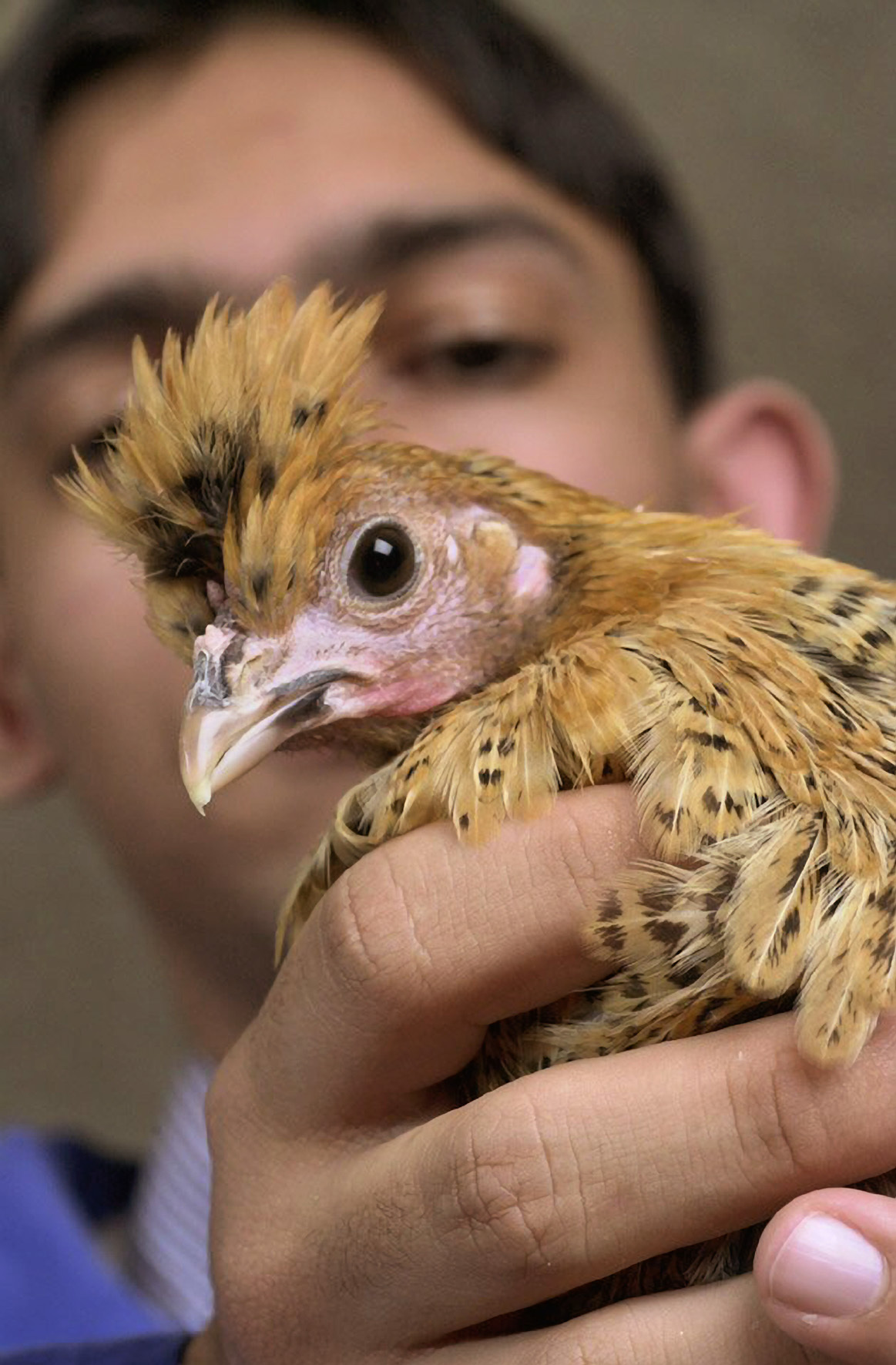
What outstanding challenge facing the poultry industry would you most like to solve?
The issues surrounding feather pecking and the need – or lack of – to beak-trim is the great behaviour and welfare challenge that I suspect we would all like to solve. If I could work out how to reliably stop laying hens from feather pecking, I would be over the moon.
What made you decide to study poultry behaviour and welfare?
I was always interested in animal behaviour, and when I was searching for a Master’s degree, I found the degree in Applied Animal Behaviour and Animal Welfare at University of Edinburgh. I realised that working with farm animals would be very rewarding, and also more likely to have a career outcome for me. Sure, it sounds more glamorous to sit in an elephant seal colony and watch pups being born (which I did as an undergraduate), but how much funding is there for wildlife behaviour research? Not that much. I also felt strongly that farm animals need our attention, given how hard they work for us.
How has your relationship with the poultry sector evolved?
I have been fortunate to work with the commercial poultry sector for many years, but the types of poultry I work with changes. Currently I am working more with hens, but I have worked with broilers and broiler breeders in the past. I’m grateful that they are willing to work with me, because it helps make my work relevant to them.
How can the growing body of knowledge of poultry behaviour be practically applied to improve the welfare of farmed poultry (in terms of broilers or layers)?
Everyone who works with animals uses behaviour to manage them. For example, you know when you walk into a shed if birds are content or agitated, by the noises and movements they make. We use behaviour in controlled environments to “ask”: What do birds prefer or dislike? What opportunities or enrichments can enhance desirable bird behaviour? What evidence is there from bird behaviour that, for example, lameness in broilers is painful, or that food restriction in broiler breeders causes hunger? We tend to pair behaviour with physical measures to back up, or refute, our theories.
What are the most memorable experiences you’ve had during your career in poultry?
We did a study for Defra on depopulation of laying hens, which meant working until the wee hours of the morning. It brings out a funny sense of humour in some colleagues… We used to convince people to come along on a data-collection night (which we called “hen parties”) by bribing them with dinner beforehand. That usually worked!
Are there any individuals or organisations in the industry or academia who you’ve found particularly inspirational?
I am grateful for the guidance from Professor Nick Sparks who was my boss and line manager for many years, and that of Dr Tom Acamovic, who is sadly no longer with us. We used to have many a good debate in the early evenings when everyone else had left for the day. And I am very lucky to work with Dr Ian Dunn of the Roslin Institute, whose cleverness I hope will rub off on me one day.








